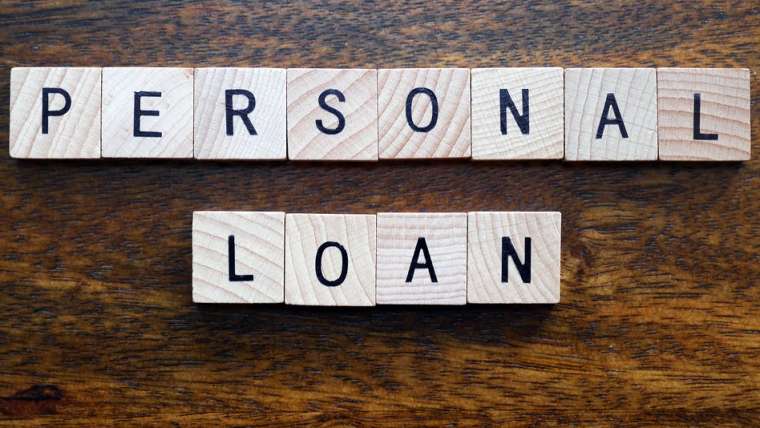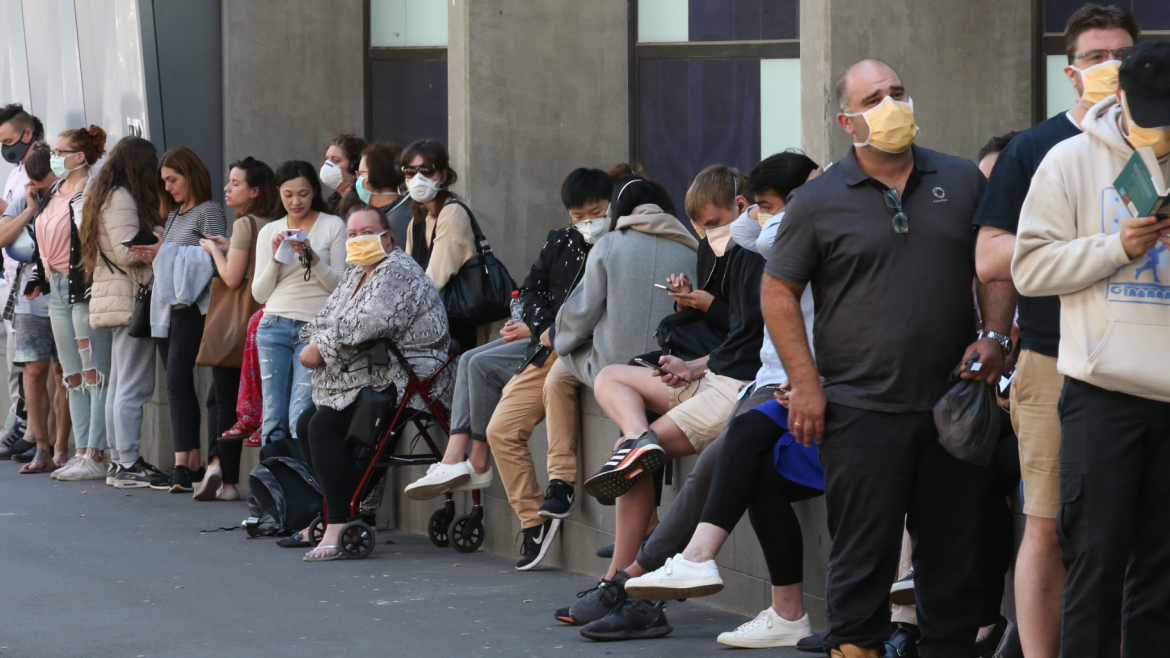According to most reputable economists, Australia is facing a recession. The Australian economy was slowing even before this summer’s bushfire catastrophe. Followed by the immediate onset of COVID-19 and its implications for domestic and global trade, it is predicted that we will see a significant short term impact on Australia’s economic activity, almost certainly resulting in two or more quarters of negative growth.
Australia has confirmed cases of COVID-19 and sadly people have lost their lives. With an outbreak of coronavirus, the health of Australian may not be the only thing that is suffering, as the virus is also affecting the finances of many Australians.
Individual’s lifestyles have also been affected: restaurants and bars are shutting and the Federal government has announced a ban on gatherings of more than two people. The financial, physical and mental implications of these necessary restrictions are being felt throughout the population.
People are also concerned about their employment. While many employers and governments around the country are doing everything they can to keep workers going, shifts are reducing and many will be feeling the financial pinch. Add to that, many Australian workers will have been unprepared for a long stint working from home – setting up a home office working arrangement can be both stressful and expensive – purchasing laptops, monitors, stationery and the like doesn’t come cheaply.

There is a real likelihood that many people have experienced a decrease in their income and/or have experienced an increase in expenditure while they prepare for what could be many months working from home.
In a worst-case scenario, many businesses will cease operating until the COVID-19 infection rates start to decline significantly – some predict that this may not occur until June. Businesses with no income won’t need workers, so, for some period, hundreds of Australian might experience significantly reduced working hours. Some employees will use paid leave, but not everyone has that luxury, such as new or casual employees with low leave balances.
Government’s have introduced significant support for those who have been forced out of work altogether, and small businesses have also attracted substantial support packages – but not all employees are covered for sudden shifts in income or outgoings.
If you have experienced a short- to medium-term reduction hours and income, or you’re facing a substantial increase in costs to deal with setting up a home office, you might need to consider another short-term financing option such as a short-term loan with a provider like Spondooli. Spondooli provides short term loans of up to $5,000. The loan process is quick and easy, all you need to do is fill out an online form, provide your ID, payslips and your bank statement. Once the details are verified and your loan is approved, the amount will be transferred into your bank account within hours.
With the Federal government opening up support options for working Australians during this difficult time, hardship provisions also mean that some people will also be able to access their superannuation. One option that Spondooli can make available is for some clients to borrow against their superannuation and make repayments as a direct debit from their superannuation fund. This option is available for all individuals.
A short-term loan is not for everyone. If you have found yourself suddenly out of work altogether, then it is important that you contact Centrelink and gain access to Government support options. However, if you are looking for a short-term option, are still employed and being paid, then contact Spondooli and see if one of our loans will suit your needs.

